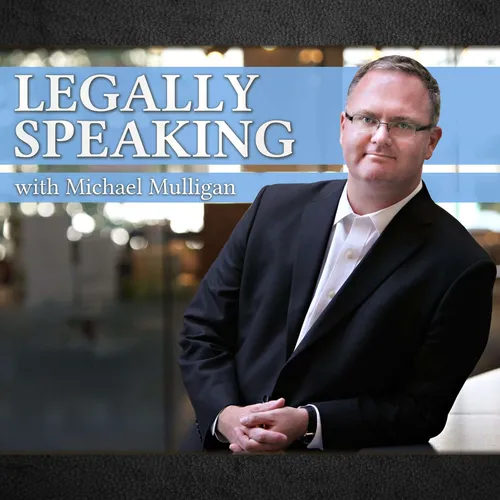An illegal arrest of a protester, a judge shooting himself in a courtroom, and a vacation rental injunction
- Author
- Michael Mulligan
- Published
- Fri 11 Oct 2019
- Episode Link
- None
Legally Speaking with Victoria Lawyer Michael Mulligan on CFAX 1070.
A new Supreme Court of Canada case, Fleming v. Ontario, concluded that the police did not have the authority to arrest a protester who was carrying a Canadian flag and walking down the road, in order to avert a possible, future, disruption. The police officers and the province of Ontario claimed that the police were authorized to arrest the man pursuant to the ancillary powers doctrine to “arrest someone who is acting lawfully in order to prevent an apprehended breach of the peace.” The Supreme Court disagreed and found that the arrest was not authorized by law. The wrongly arrested protester was awarded $139,711.90 plus court costs.
Also discussed, was a recent case from Thailand in which a judge acquitted five Muslim men of murder and said “You need clear and credible evidence to punish someone. So, if you’re not sure, don’t punish them. I’m not saying that the five defendants didn’t commit the crimes, they might have done so, but the judicial process needs to be transparent and credible… punishing the wrong people makes them scapegoats.” The judge posted a statement on Facebook indicating that he had been pressured to find the men guilty despite a lack of evidence.
The judge then recited a legal oath, pulled out a pistol and shot himself in the chest. He survived and was rushed to the hospital where he is recovering.
Finally, a BC Supreme Court decision dealing with short term vacation rental, and a bylaw prohibiting them is discussed. The Thompson-Nicola Regional District sought an injunction to prohibit two cabins from being rented for short time periods. The bylaw the regional district relied on was passed in 2012. The cabins had been rented, for short time periods, since 2008. The cabin owners claimed that the bylaws prior to 2012 permitted short term rentals.
If the earlier bylaw permitted short term rentals, because then rentals have been going on continuously, since 2008, this would have been a lawful nonconforming use pursuant to section 528 (1) of the Local Government Act. This doctrine applies as long as the non-conforming use was continuous, with no break for more than six months.
While the judge agreed that the short-term rentals have been continuous, since 2008, and would, therefore, have been a lawful nonconforming use, the bylaw in place in 2008 also didn’t permit short term rentals and, accordingly, that regional district obtained the injunction they were asking for.
Legally Speaking is live on CFAX 1070 Thursdays at 10:30 am.
A transcript of the show can be found here.
